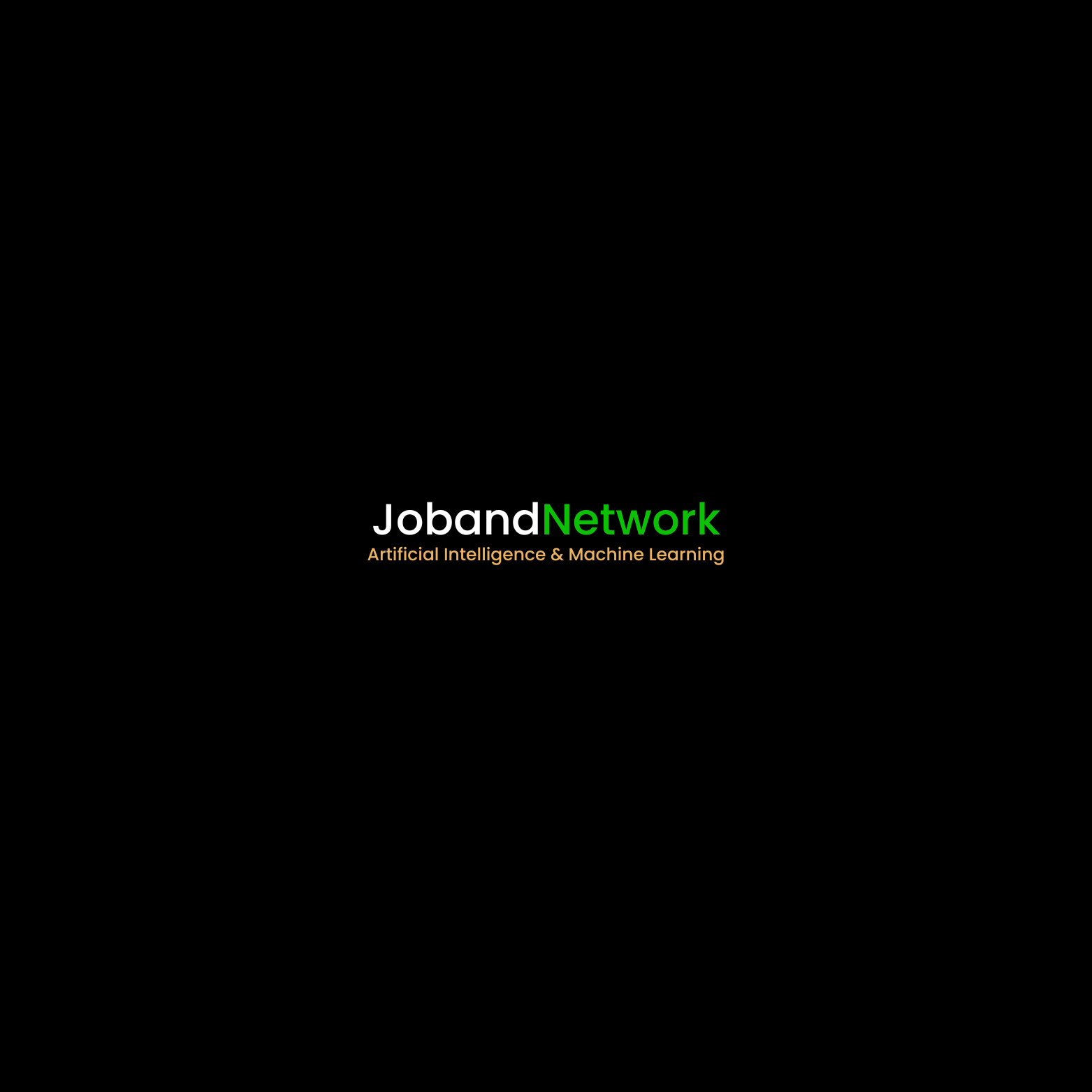SAS Democratizes AI with Enhanced Viya Platform and Governance Tools
SAS, at its Innovate conference, unveiled a series of AI-centric offerings across its portfolio, focusing on democratizing AI through enhanced usability and built-in governance. The announcements included upgrades to the SAS Viya platform, a suite of new custom AI models tailored for specific industries, and governance resources designed to mitigate risks associated with AI adoption.
SAS Viya and AI Agents
SAS introduced new and enhanced components for the SAS Viya platform, targeting both developers and end-users to streamline AI implementation and management.
SAS Data Maker: Synthetic Data Generation
SAS Data Maker, a synthetic data generator, has been enhanced with technology from the acquisition of Hazy. This tool addresses data privacy and scarcity challenges by generating high-quality synthetic data. It analyzes source datasets, identifies the structure, and produces an entity relationship map. This map can be tweaked and used to train generative models, ensuring the synthetic data is representative and useful for AI training.
The latest version supports multi-table and time-series data generation. Currently in private preview, Data Maker is expected to be generally available in the third quarter of this year.
SAS Viya Intelligent Decisioning: AI Agent Deployment
SAS Viya Intelligent Decisioning enables users to build and deploy intelligent AI agents using a low-code/no-code interface. This tool allows for a balance between AI autonomy and human oversight, optimizing task complexity, risk management, and business goals. For instance, an AI agent vetting mortgage applications can flag specific denials for human review, allowing the human to query the agent's reasoning and make the final decision.
SAS Viya Copilot: AI-Driven Conversational Assistant
SAS Viya Copilot, currently in private preview, is an AI-driven conversational assistant integrated into the SAS Viya platform, built on Microsoft Azure AI Services. It provides developers, data scientists, and business users with a personal assistant to accelerate analytical, business, and industry-specific tasks. The initial Copilot offering in Model Studio includes AI-powered model development and code assistance for SAS users and is expected to be generally available in the third quarter.
SAS Viya Workbench: Enhanced Development Environment
Initially released in 2024, SAS Viya Workbench now supports R language coding and offers SAS Enterprise Guide as an optional integrated development environment (IDE). It is also available on the Microsoft Azure Marketplace and AWS Marketplace, providing flexibility for developers.
Robert Kramer, VP & Principal Analyst at Moor Insights & Strategy, noted that these updates, while not groundbreaking, integrate crucial features like built-in governance and ready-to-use models. He emphasized the benefits of faster onboarding, easier collaboration, and more secure AI development, particularly in regulated industries where auditability and model transparency are essential.
Prebuilt AI Models
SAS has also introduced six custom AI models designed to address specific processes across various industries.
Udo Sglavo, VP of Applied AI and Modeling, explained that these models cater to two segments: companies with data science teams and those without. For companies with data science teams, the models allow them to focus on strategic questions, while for those without, it provides a quick way to see the impact of AI on their business models.
The initial models include:
- AI-driven Entity Resolution
- Document Analysis (suitable for many industries)
- Medication Adherence Risk model (healthcare)
- Strategic Supply Chain Optimization (manufacturing)
- Payment Integrity for Food Assistance (public sector)
- Tax Compliance for Sales Tax (public sector)
Later this year, four more models will be added:
- Fraud Decisioning for Payments and Card Models (banking)
- Payment Integrity for HealthCare (healthcare)
- Worker Safety Monitoring (manufacturing)
- Tax Compliance for Individual Income Tax (public sector)
Sglavo emphasized that these models are lightweight, easy to deploy, and built around real-world industry cases, allowing companies to quickly productionize and derive value.
Kramer agreed, noting that the availability of pre-built AI models for applications like fraud detection, supply chain planning, and health risk assessment should help organizations accelerate their AI adoption by providing ready-to-use solutions.
AI Governance
As AI becomes more pervasive, the need for robust governance becomes critical to mitigate risks.
Reggie Townsend, VP of the data ethics practice at SAS, highlighted the importance of assessing intended use and expected outcomes before deployment, as well as monitoring for ongoing compliance. He emphasized that AI governance is a combination of oversight, operations, and organizational culture, addressing the duality between productivity boosters and potential inaccuracies, inconsistencies, and intellectual property leakage.
SAS has introduced new governance resources, including the AI Governance Map, to help organizations assess their AI governance maturity in oversight, compliance, operations, and culture. Additionally, SAS is developing a unified holistic AI governance solution for executives to aggregate, orchestrate, and monitor AI systems, models, and agents.
Abhishek Punjani, Research Analyst – AI at Info-Tech Research Group, praised SAS's direction, noting that many organizations initially prioritized innovation and speed over control in their AI journey. He believes SAS is at the forefront of the industry's movement toward a more balanced and responsible path forward, combining ethical calibrations to create impactful and ethically sound AI systems with tailored levels of human oversight and intervention.
Punjani also highlighted the practical AI enablement tools within the expanded Viya platform, such as SAS Data Maker for generating secure synthetic data and SAS Viya Intelligent Decisioning for building AI agents with customized human involvement.
He concluded that these solutions mark a shift toward more grounded, enterprise-ready AI, reflecting a growing focus on control and accountability. As organizations move beyond experimentation, approaches like SAS’s, which build governance and flexibility into the product itself, are reshaping mainstream AI adoption.
